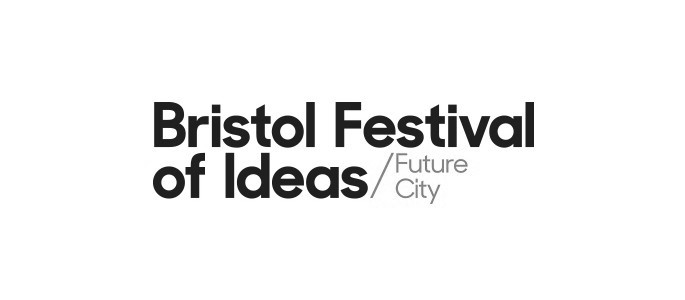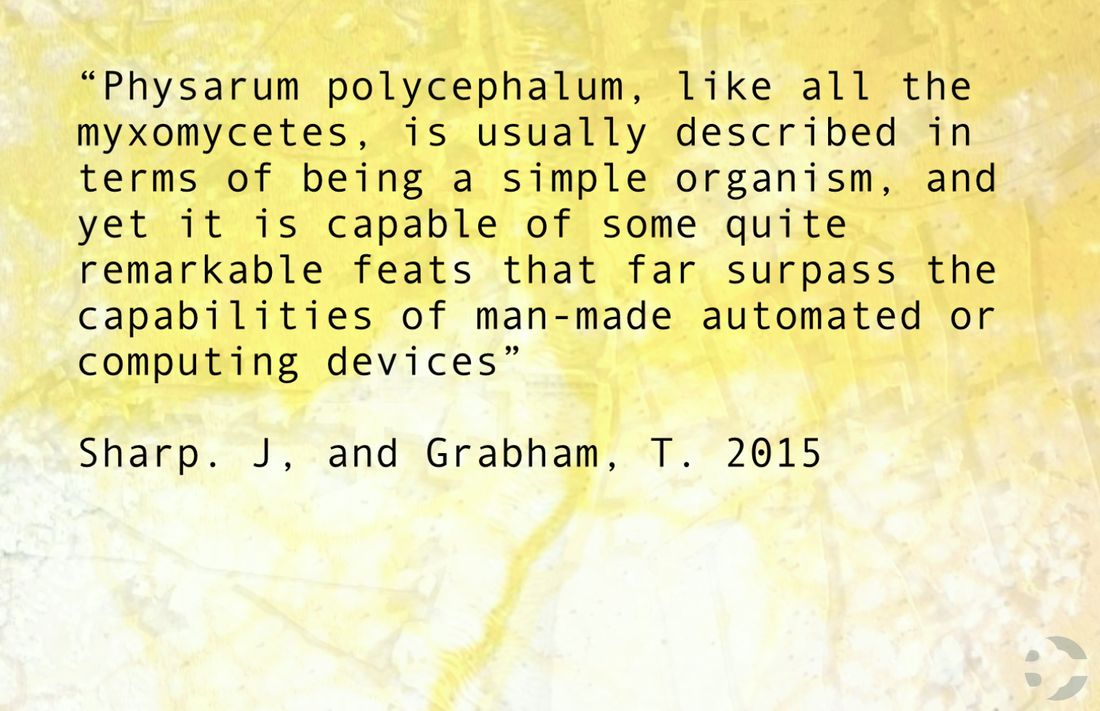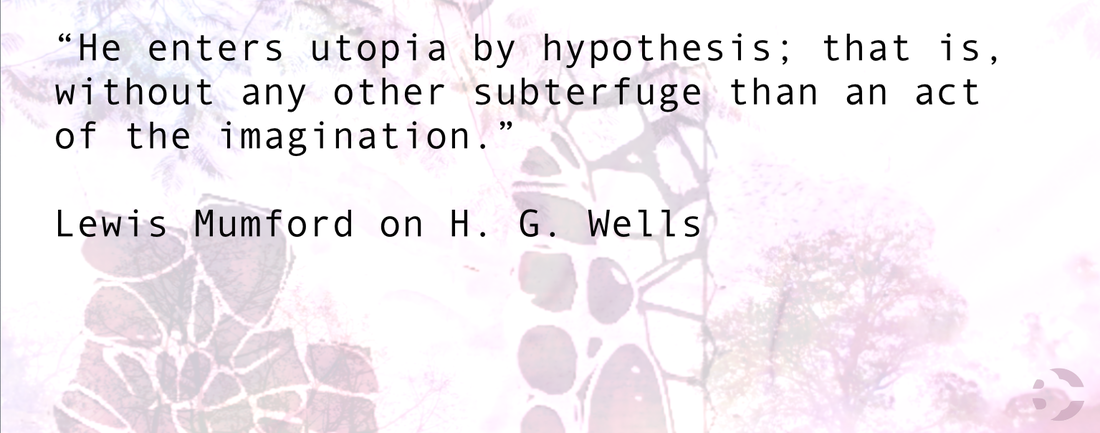|
Festival of the Future City goers will have ample opportunity to explore pioneering urban and architectural concepts that present inspired solutions to some of society’s most pressing problems. The New Thinking about Cities session on the morning of November 19th at the Watershed in Bristol brings together an array of diverse thinkers to introduce their ideas, including architect and writer Irena Bauman on resilience in neighbourhoods; writer and place-hacker Bradley Garrett on the need to oppose the privatisation of public space; Caroline Haynes (KPMG) on Magnet Cities; Charles Landry (Comedia) on ambitious cities; Mike Rawlinson (City ID) launches a manifesto for legible cities; and myself, presenting Bionic City. If biomimetics is your bag, I also recommend you hang around for the session ‘Biomimicry and Future Cities’, which taking place between 3.30pm-5.00pm that same day, features a line-up comprised Peter Head (Founder and Chief Executive Officer, The Ecological Sequestration Trust), Julian Vincent (Honorary Professor of Biomimetics at University of Rhein-Waal/ University of Oxford), Sue Thomas (Technobiophilia: Nature and Cyberspace) and chair Richard James MacCowan (Founder Director, Biomimicry UK). Find out more here.
0 Comments
Come join Douglas Murphy (author of the forthcoming Last Futures: Nature, Technology and the End of Architecture), Darran Anderson (author of Imaginary Cities) and I as we discuss
utopian cities, with chair Jonathan Derbyshire (Prospect) at the Watershed in Bristol on 18th November 2015, for the Festival of the Future City. Find out more here. If heading to the Festival of the Future City in Bristol this November, come join peers and I as we 'explore how to integrate nature in urban living, design and planning, and debate the challenges of making our urban landscapes wildlife-friendly, both to protect existing wildlife and to attract more'.
Panel One: The Value of Urban Nature and Natural Capital Chair: Bevis Watts, Avon Wildlife Trust Do we really need nature in our cities? What are the risks of a nature-poor city? Author and broadcaster Chris Baines sets the scene. Speakers Melissa Harrison (novelist and writer of the Times Nature Notebook), Stephanie Hime (KPMG’s natural capital specialist), Tony Juniper (campaigner and author of What Has Nature Ever Done for Us?) and Claire Wansbury (Atkins Global UK Ecology Leadership team) debate the risks of a nature-poor city and the value nature brings to urban areas. Panel Two: Promoting and Developing Nature in Cities Chair: Jane Memmott, University of Bristol David Goode (author of Nature in Towns and Cities), Mathew Frith (London Wildlife Trust) and Georgia Stokes (Birmingham and Black Country Wildlife Trust) ask whether nature in cities is in safe hands; look at how we promote more involvement in wildlife in cities; and examine the conflicts of interest in promoting nature in cities and how they can be overcome. Panel Three: Architecture, Nature and Wildlife in Cities Chair: John Alker, UK Green Building Council It’s possible to make buildings and places where wildlife can live alongside humans, and there are plenty of good examples available. Rab Bennetts (Bennetts Associates) joins Melissa Sterry (Bionic City) and Mike Roberts (HAB Housing) to debate how architecture can help create a nature-rich city. Find out more here. |
AuthorMelissa Sterry, PhD, chartered design scientist, systems theorist, biofuturist, and serial founder inc. Bionic City® Bionic CityAsking the question "how would nature design a city" since 2010.
Archives
October 2023
Categories#bionics
#biotech #biodesign #bioscience #biomimetics #biotechnology #bioengineering #bioinnovation #bioaesthetics #biorevolution #bioenterprise #biosystems #biocreative #biofuturism #biofutures #biocentric #biofacture #biotecture #biovation #biofiction #biourban #biocities #biolab #bioart #STEM
#STEAM #STEAMED #STEMcomms #STEAMcomms #STEAMEDcomms © Bioratorium Limited & Melissa Sterry
2021 All Rights Reserved |





 RSS Feed
RSS Feed

